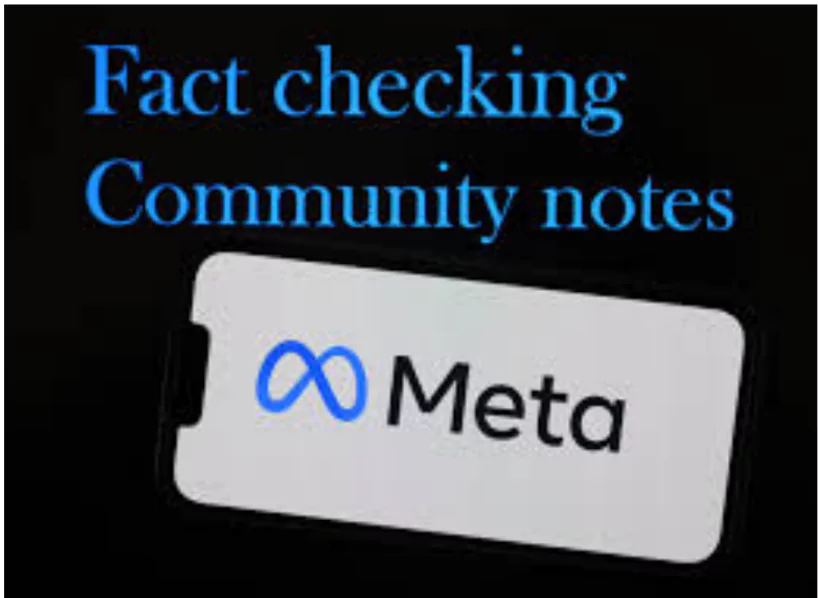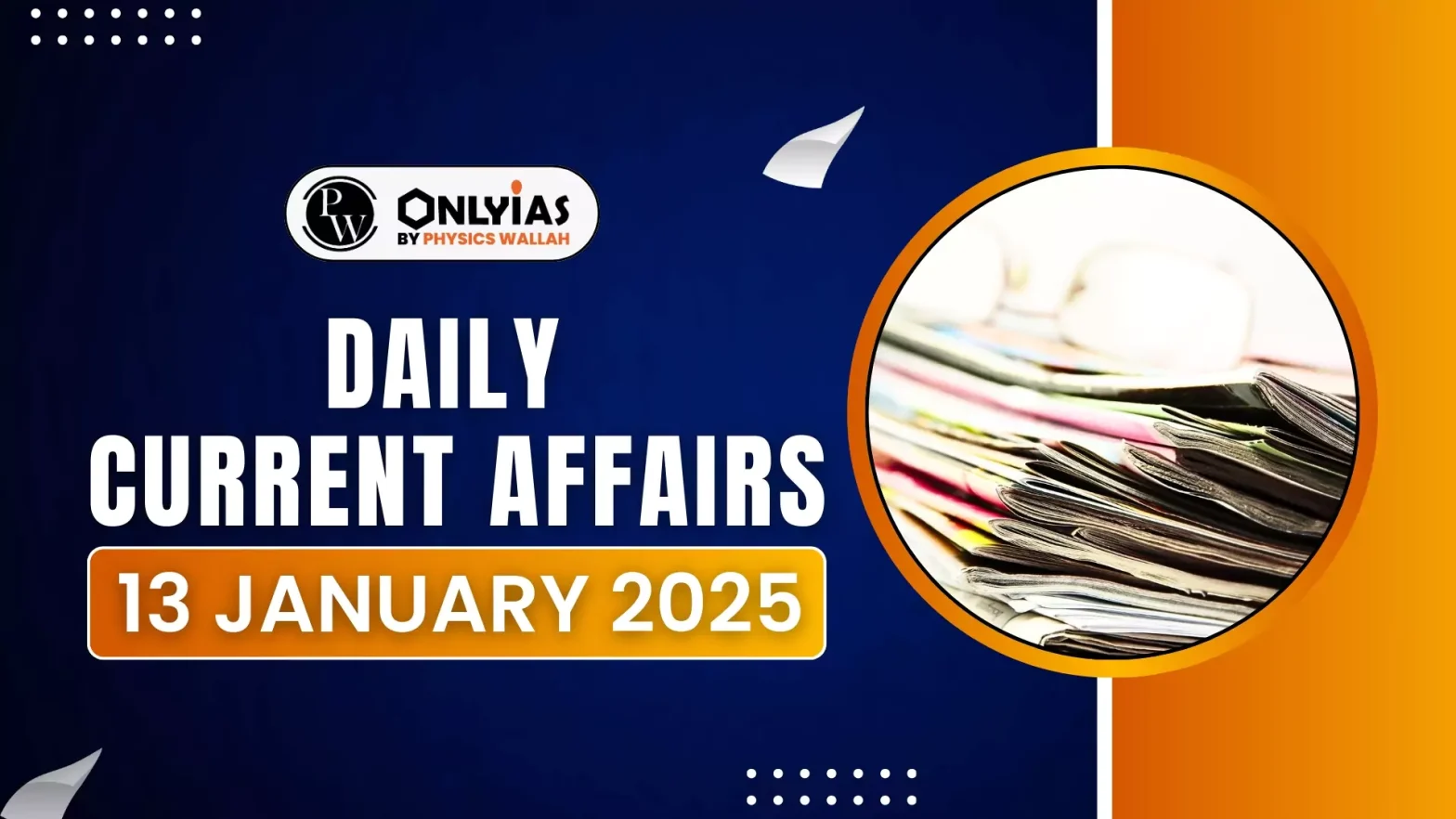Meta has replaced its independent fact-checking program in the US with a crowdsourced Community Notes system, drawing inspiration from X (formerly Twitter).
- Platforms Affected: The change will be implemented on Facebook and Instagram.
Reasons Behind Meta’s Decision to End Fact-Checking
- Concerns About Bias
- Meta believed that fact-checkers had their own biases, influencing their decisions on what to review and how to evaluate content.
- Political Pressure
- The company faced significant political pressure from new administrations and their supporters, impacting its content moderation strategies.
- Loss of Trust
- Meta felt the fact-checking program in the US eroded trust among users rather than building it.
- Focus on Free Speech
- The decision aligns with Meta’s shift toward promoting free speech by simplifying content policies and removing restrictions on certain topics.
- Transition to Community-Driven Model
- By introducing “Community Notes,” Meta aims to involve users in evaluating content, addressing these issues in a more inclusive and participatory way.
Enroll now for UPSC Online Classes
What Are Community Notes?

- Community Notes allow users to add factual context to posts.
- Originally introduced as “Birdwatch” on Twitter in 2021.
- Later, it was rebranded and expanded to 44 countries under Elon Musk’s ownership.
- This note shows up below a post when enough contributors vote for the context citing it as helpful.
- How does it work?
- Users add context to posts that may be misleading or lack information.
- Notes appear under posts as “Readers added context” with supporting sources.
- Other users can vote on whether the added note is helpful or not.
- Eligibility for Contributors:
-
- Account older than six months.
- Verified phone number.
- No rule violations.
- Community note gives protection to the contributors in the form of auto-generated aliases to avoid them from being identified and targeted.
Challenges of Community Notes
- Risk of Manipulation: Crowdsourced systems are vulnerable to coordinated attempts to promote specific narratives.
- Community Notes may fail to stop misinformation from spreading to other platforms.
- Nuanced political content may be harder to fact-check through a crowdsourced approach.
- Bias: There’s a risk of bias if the contributors do not represent a diverse range of perspectives
- Low-Quality Contributions: The system can be overwhelmed by spammy or low-quality notes, affecting its overall effectiveness.
![]() 13 Jan 2025
13 Jan 2025

